Ever since Game of Thrones debuted on HBO in 2011, awards have been heaped upon it — and with good reason. Adapted from George R.R. Martin’s sweeping epic fantasy novels (the series is officially named A Song of Ice and Fire), it features an excellent cast, top quality effects and costuming, the exceptional soundtrack skills of Ramin Djawadi, and of course dragons. And even though fantasy has never been for everyone, the realism and often gritty portrayal of Westeros and its people have drawn in a massive fanbase.
Each year, Game of Thrones has been up for a Hugo Award for a grand total of six nominations, this year included. So far it’s won three of them. The difference today is that rather than be nominated for just one award, there are two episodes that have a chance to take home the Hugo. “The Door” and “Battle of the Bastards” are in the lineup for Best Dramatic Presentation, Short Form. But does Game of Thrones deserve yet another Hugo? What’s more, if so, which episode should be the one to take the win?
Be warned, if you haven’t yet watched season six, steer clear, for there will be spoilers in this review.
“The Door” starts off strongly enough. Sansa confronts Littlefinger about being sold to Ramsay Bolton, daring him to guess the awful abuse that she received. Arya faces off with The Waif and discusses Faceless Men with Jaqen H’ghar before taking on a new assassination assignment. It also gives us a little glimpse into how other countries view the political jockeying in Westeros as Arya watches a play depicting events such as Ned Stark’s death and Sansa’s marriage to Tyrion.
Meanwhile, Bran is still wrapped about in old tree roots as he tours the past with the Three-eyed Raven. It is here that he discovers the true origin of the Night King as he watches one of the Forest Children push a dragonglass dagger into a man’s heart. It’s a brief, and oddly anti-climactic reveal of such a fact. It doesn’t answer any further questions, such as why the Night King is so keen to kill the Three-eyed Raven. Men we understand, as that was their primary function. But I guess we’ll never know.
It immediately cuts away to the Iron Islands where Yara declares herself to be the new ruler with Theon’s support. But of course no royal claim can go unquestioned as their uncle shows up to do the same — and wins (though by all rights the man should have drowned).
One of the more moving moments in the episode is Jorah Mormont’s reveal to Daenerys of his greyscale illness. I don’t doubt everyone watching agreed with Daenerys’s demand that Jorah find a way to heal himself. I’m a big fan of Ser Mormont, and it almost feels at this point that he’s too well-liked to kill off — especially by greyscale. But of course we’ll see. The episode wound on as Varys and Tyrion chatted with a Red Priestess, Jon and the others talked battle plans, and then, finally, things kicked off hard as the Night King touched Bran during one of his mind walks. Now nothing is stopping the dead from getting inside. One might say that’s a bit of a problem.
Throughout the bulk of “The Door” I wondered why this particular episode had been nominated. As it flipped from one character’s story to another, it didn’t seem any different from the rest of the episodes I’d watched thus far. But as I reached the end, I soon realized why. I think “The Door” was nominated for one reason, and one reason only — Hodor.
Perhaps the impact of Hodor’s fate wasn’t as powerful for me because I’m so late to the Game of Thrones party. Hodor’s future — and subsequently his past — had long since been spoiled by folks discussing this singular moment within the episode. Though I didn’t know the details of it, I easily deferred two things: “Hodor” was originally “Hold the door,” and poor Hodor was going to die. I had my guesses; perhaps he was a Night’s Watchman at some point and due to holding a door to protect his brothers against White Walkers (or something equally awful), ended up sent back to Winterfell as the Hodor we all know and love. But instead the culprit is Bran, whose walkabouts quickly reveal to us they aren’t just peeks into the past.
It’s the sort of reveal that, at the time to folks watching the episodes as they came, was a huge bombshell. Suddenly so many puzzle pieces were clicking together, yet at the same time that puzzle only revealed Hodor’s final moments in a sense, both as a regular child and as an adult. Though it didn’t have the same effect on me, I’m not sure I’d feel differently about this episode earning a Hugo than if it had.
Frankly, my favorite part of “The Door” was the few seconds of Tormund staring at Brienne like a lovesick puppy. Somehow those two have become my favorite couple — even if they aren’t even a real couple.
So if “The Door” isn’t quite top tier enough for a Hugo (in my mind’s eye), let’s talk about “Battle of the Bastards.”
Right off the bat we’re treated to Daenerys taking charge of the besieged city of Meereen with all three dragons in tow. She’s finished playing relatively nice with the masters and devises a plan that will shut them down for good. Anyone watching was no doubt delighted to finally see her utilizing her dragons. All three of them. Watching these fantasy creatures soar across the sky with Ramin Djawadi’s amazing music to accompany them, as well as some lovely cinematic shots to boot was the kind of thing audiences have been waiting patiently for throughout each season. Although the entirety of the Meereen section of the episode was only about 10 minutes, it was a very indulgent and very satisfying 10 minutes.
From then on we return to the North where Jon, Sansa, Davos, and the rest of Jon’s company are doing everything they can to figure out a way to defeat Ramsay Bolton. Discussions and arguments are had, but it’s truly the battle that has captured everyone’s notice. And with good reason.
Events kick off with Rickon Stark running for his life as Ramsay Bolton looses arrows at his back. Everyone watching probably knew deep down Rickon wasn’t going to make it — even I already knew he’d failed, and yet still I hoped that maybe somehow across that huge field Jon might manage to scoop him up and save him, yelling “Serpentine!” at the screen. From there the fight gets underway, complete with archers, cavalry, foot soldiers, Wildlings, and one massive giant.
Writers David Benioff and D.B. Weiss have said that they wanted to bring forth a full-fledged battle scene. Two armies going head to head full force on an open field so the audience can see the scope of things. Something we hadn’t yet experienced throughout the entire series. Previous battles have been smaller, more like skirmishes, or in most cases, outright defeats. Even the fight at the Wall doesn’t quite count given that there was, well, the giant wall in the way.
They did just what they wanted here, and it’s clear that they also did their research, citing the Battle of Cannae in which the Carthaginians, led by Hannibal, pulled the exact same maneuver as Ramsay Bolton, circling around the Romans and packing them against one another so tightly that only the men on the outside of the circle could fight. It makes slaughtering everyone very easy since the fight is no longer against hundreds or thousands, but a mere handful at a time. It makes for a terrible and desperate situation, and viewers were no doubt on the edges of their seats wondering how poor Jon was going to escape this time.
We do need to take a moment to talk about some of the cinematography here because there are certain shots that are simply stunning. I can’t claim to be an expert in the art of filmmaking, but particular moments in this episode stand out very starkly against the rest — including other episodes. The slow motion of the horses galloping to Jon’s aid. The charge of Ramsay’s cavalry at Jon alone on the field. Jon among the hundreds of men left, gasping in the center of the crush. The arrival of the Knights of the Vale as they thunder over the field and crash into Ramsay’s men with their cavalry, effectively destroying his noose.
I can only imagine the time and effort it took to film the battle itself — following Jon around as he fights, surrounded by riders of both friend and foe, watching as men drop right in front of him by sword or arrow, getting lucky again and again. The dirt, blood, and bodies of men and horses pile up as they have done in many historical battles past. It’s at once awful in what it is, but magnificent in its execution on the screen.
And then there are also the singular moments. The loss of what I assume is the last giant in the world. Sansa gets her own personal revenge, and Ramsay’s horrendous end, one that he so dearly deserved. This episode is full of death and destruction, but it’s also filled with a poignant slices of satisfaction. At last the good guys have triumphed, and though there is much to come, it feels good to see at least a portion of the evil in both sides of the world finally come to an end.
“Battle of the Bastards” has everything many of us have been waiting to see in an episode, as well as some truly amazing images and moments that will stick in our minds for a long time to come. While “The Door” held revelations, “Battle of the Bastards” held much more, and for that it should take home yet another Hugo Award for this amazing series.
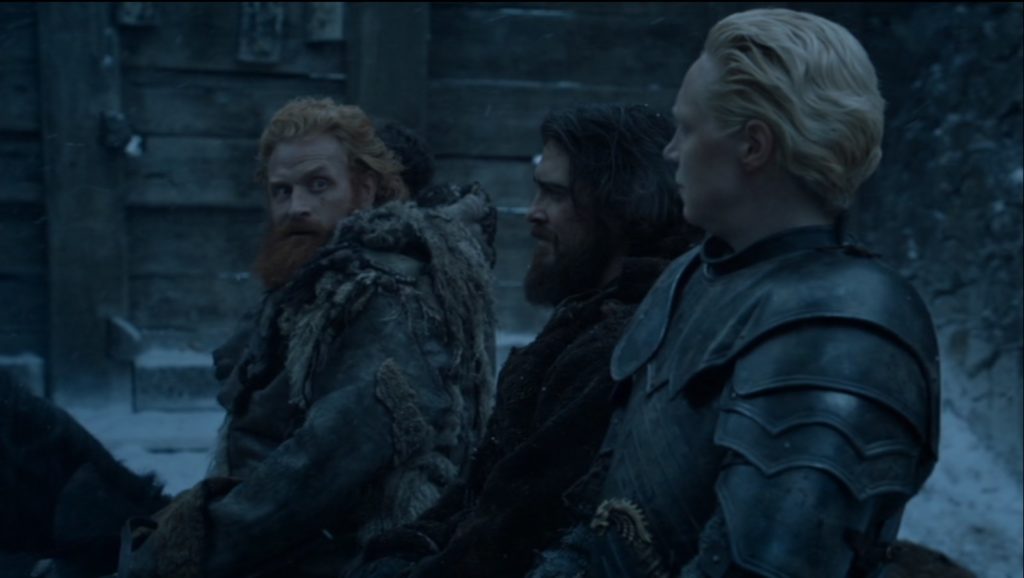
But seriously, if these two don’t get together, I may lose my mind.

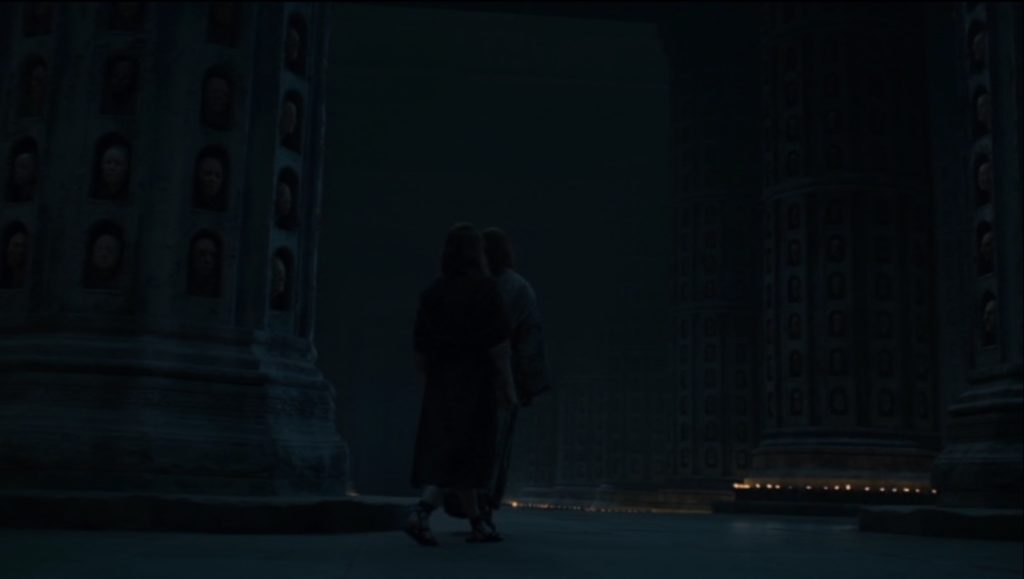
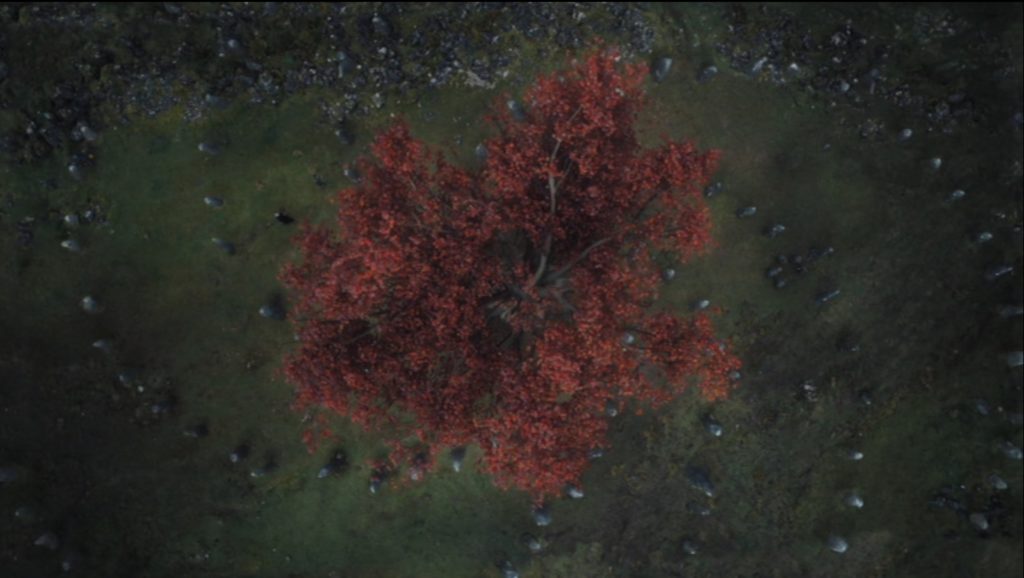
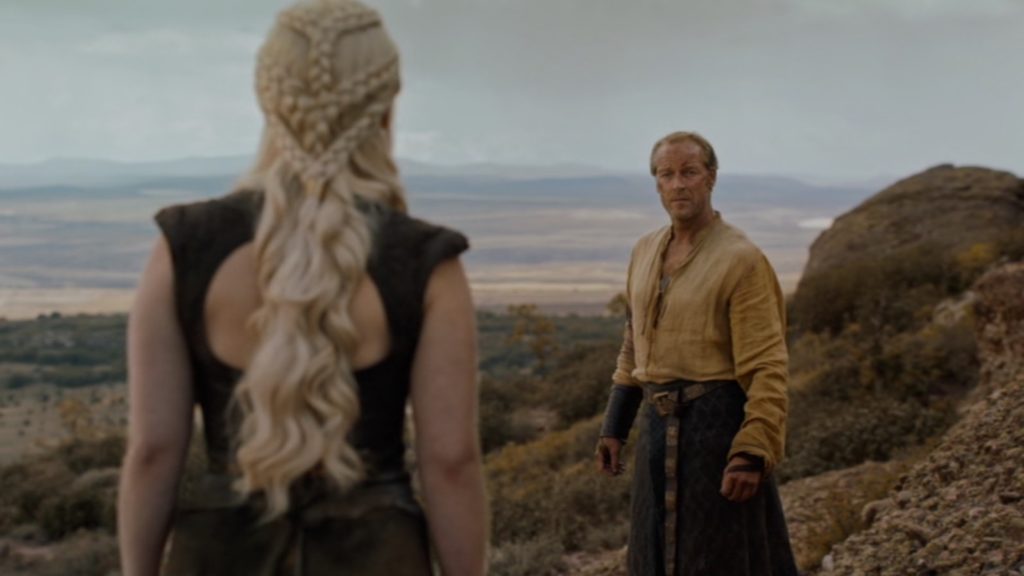
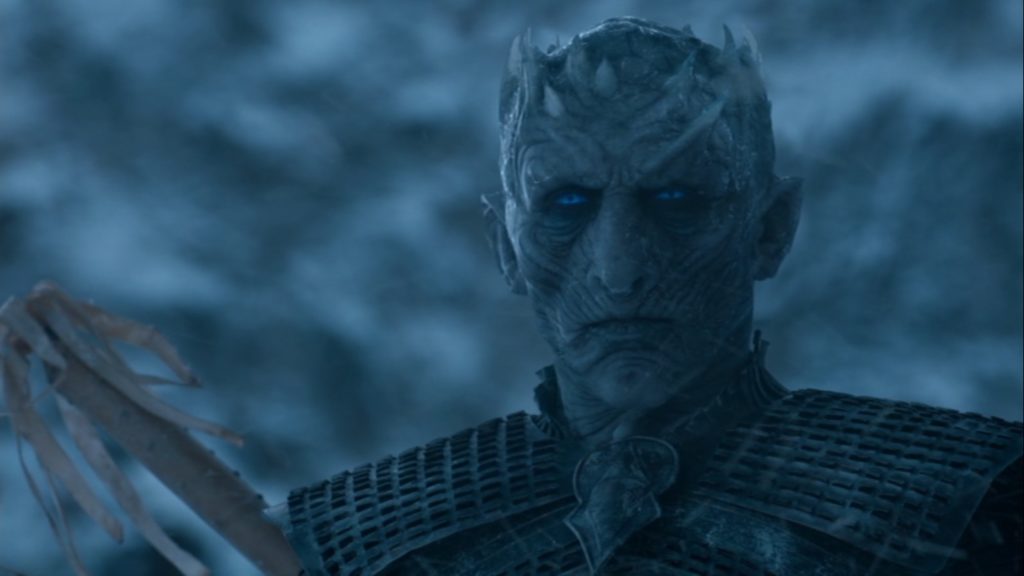
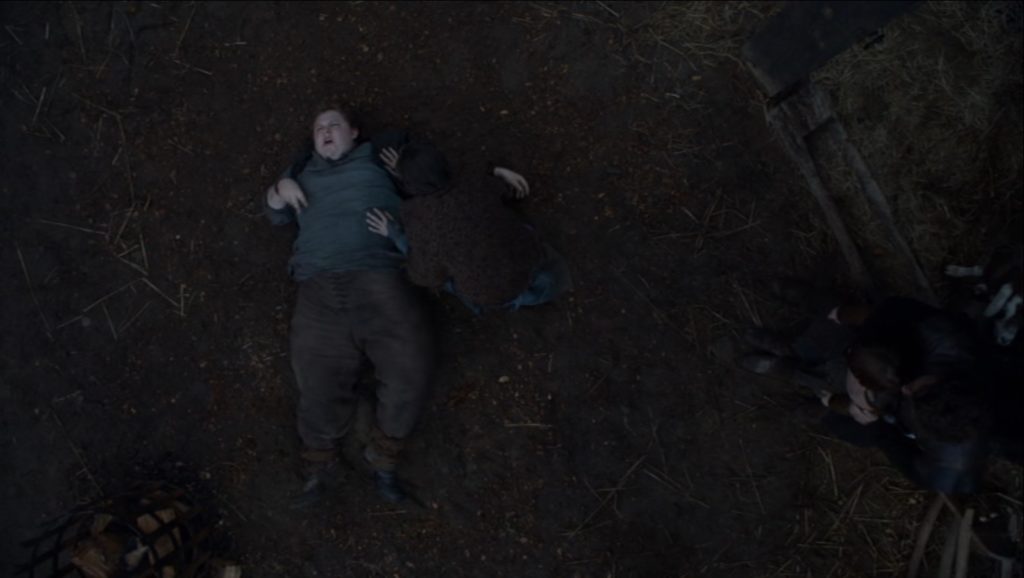
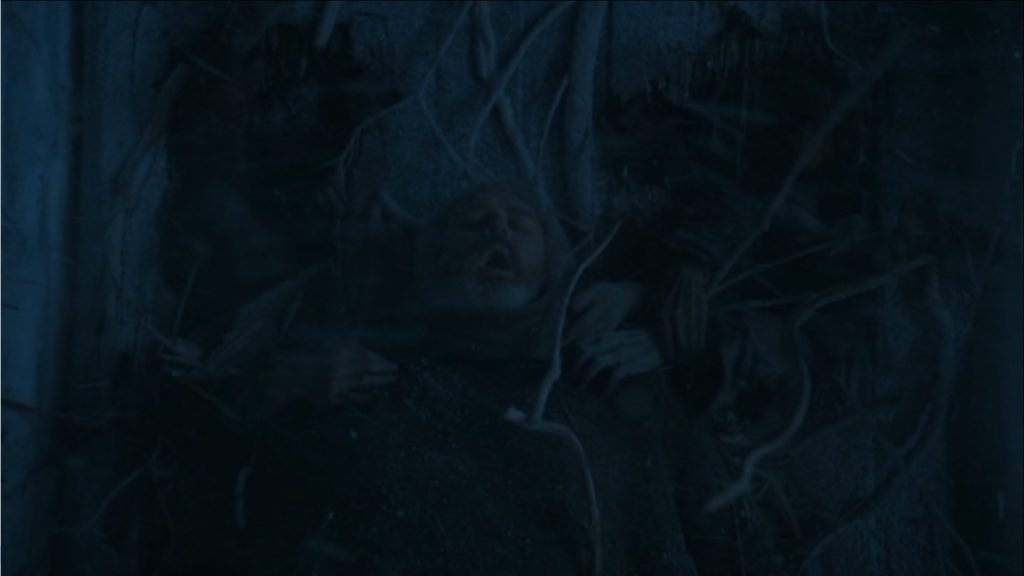
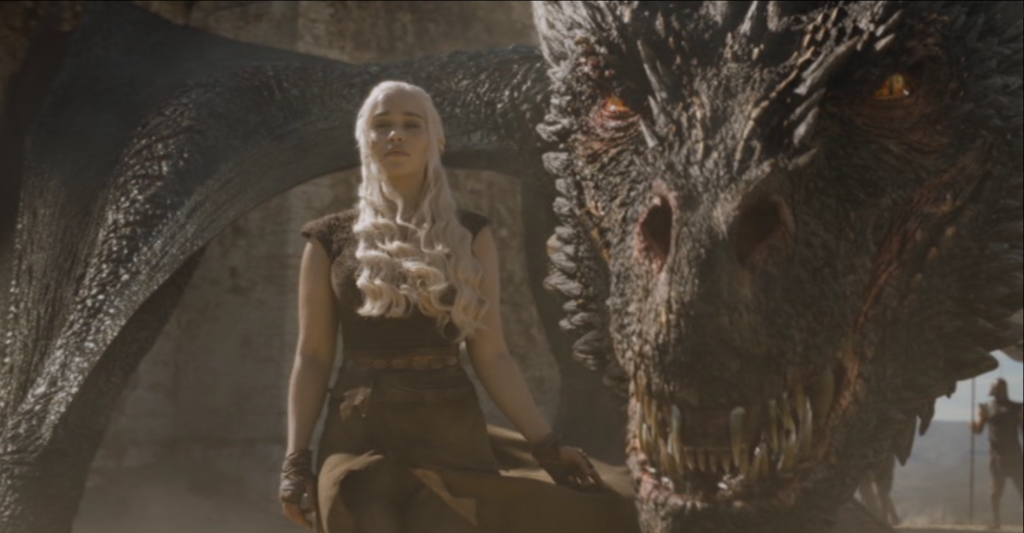
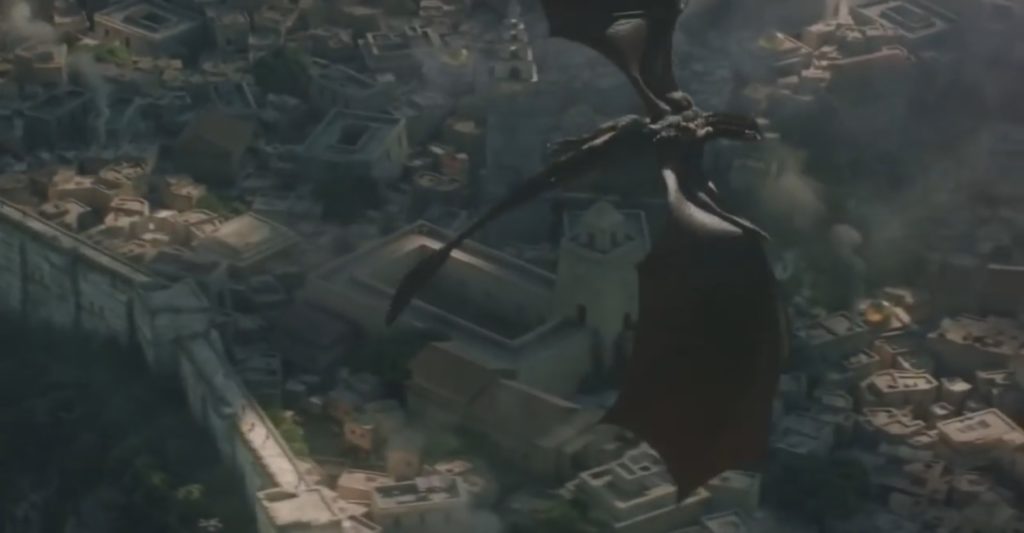
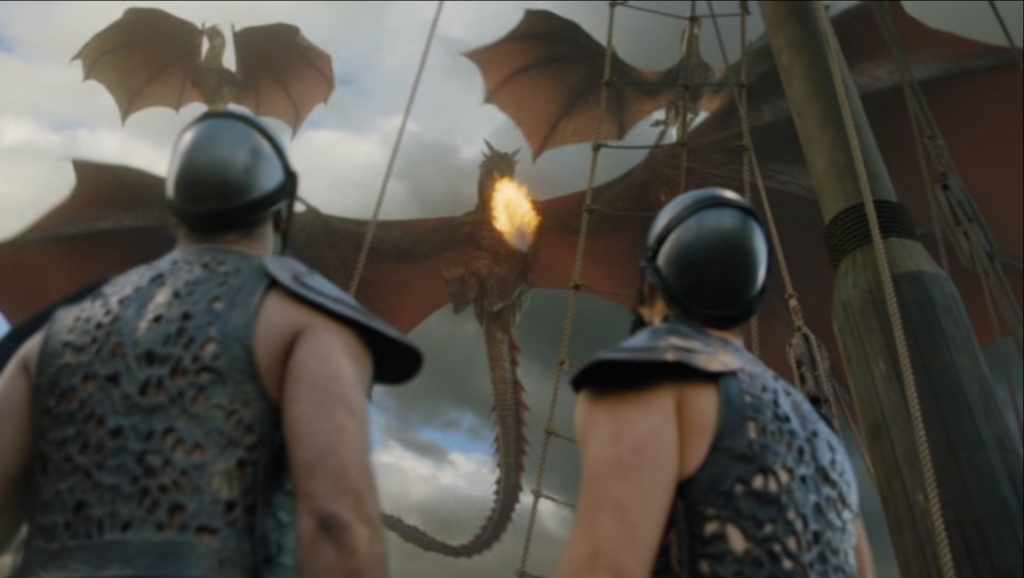
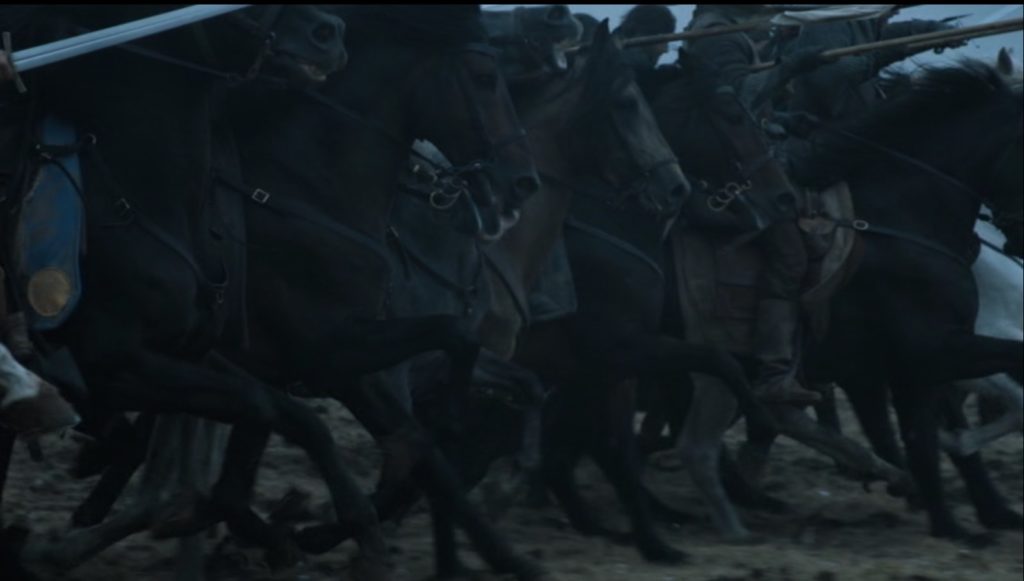
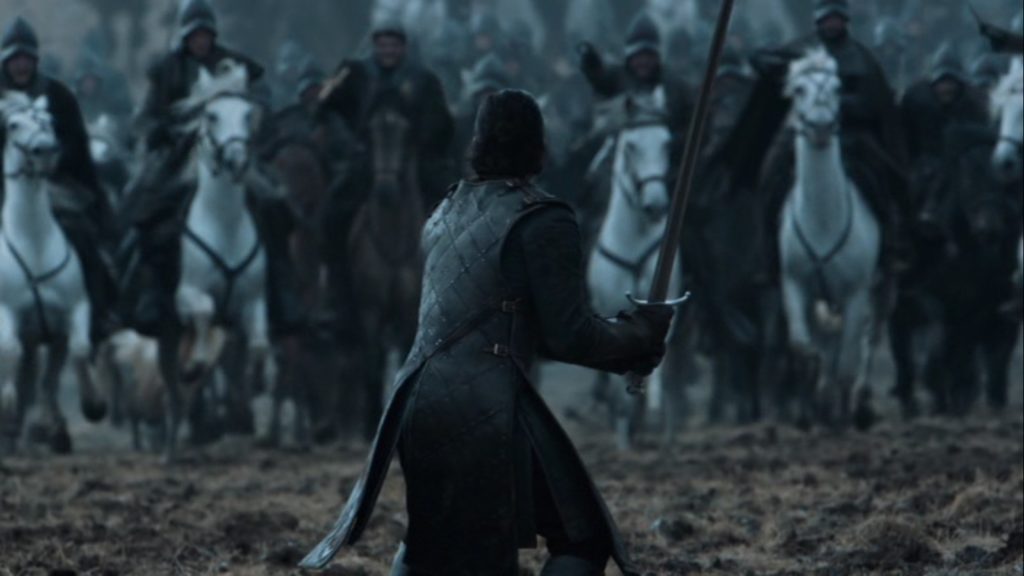
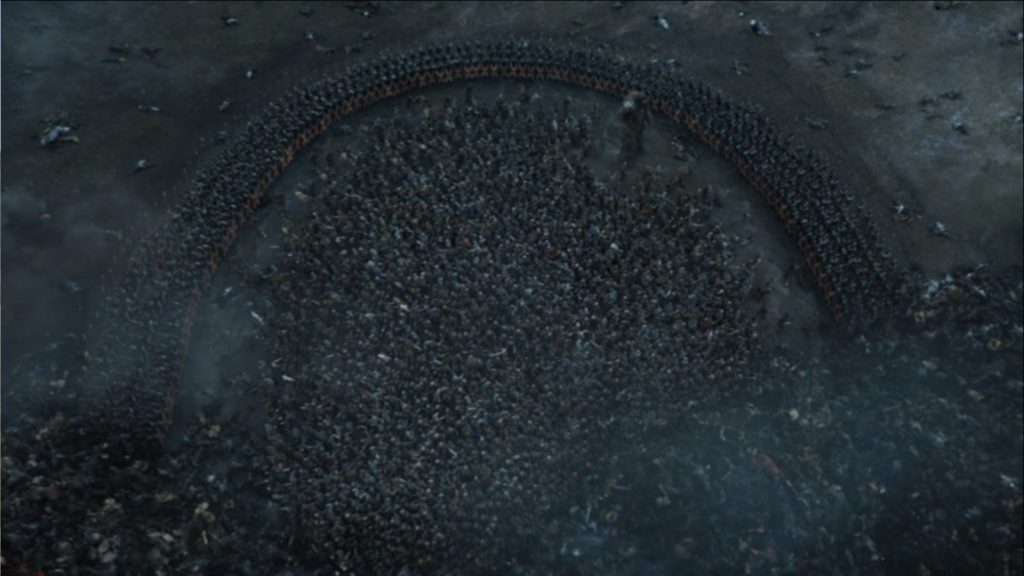
I feel so weirdly ambivalent about this category this year! The Expanse didn’t engage me the way I hoped, even though I love the books I’ve read; I don’t watch Black Mirror so I can’t comment there; I don’t watch Doctor Who and I’m burnt out on all the years it was nominated like crazy and won so many years in a row, and Game of Thrones is good, but I’m not really rooting for either one, even though both episodes were good?
I think I’m rooting for Splendor & Misery to win because it’s such a unique nomination for the category!